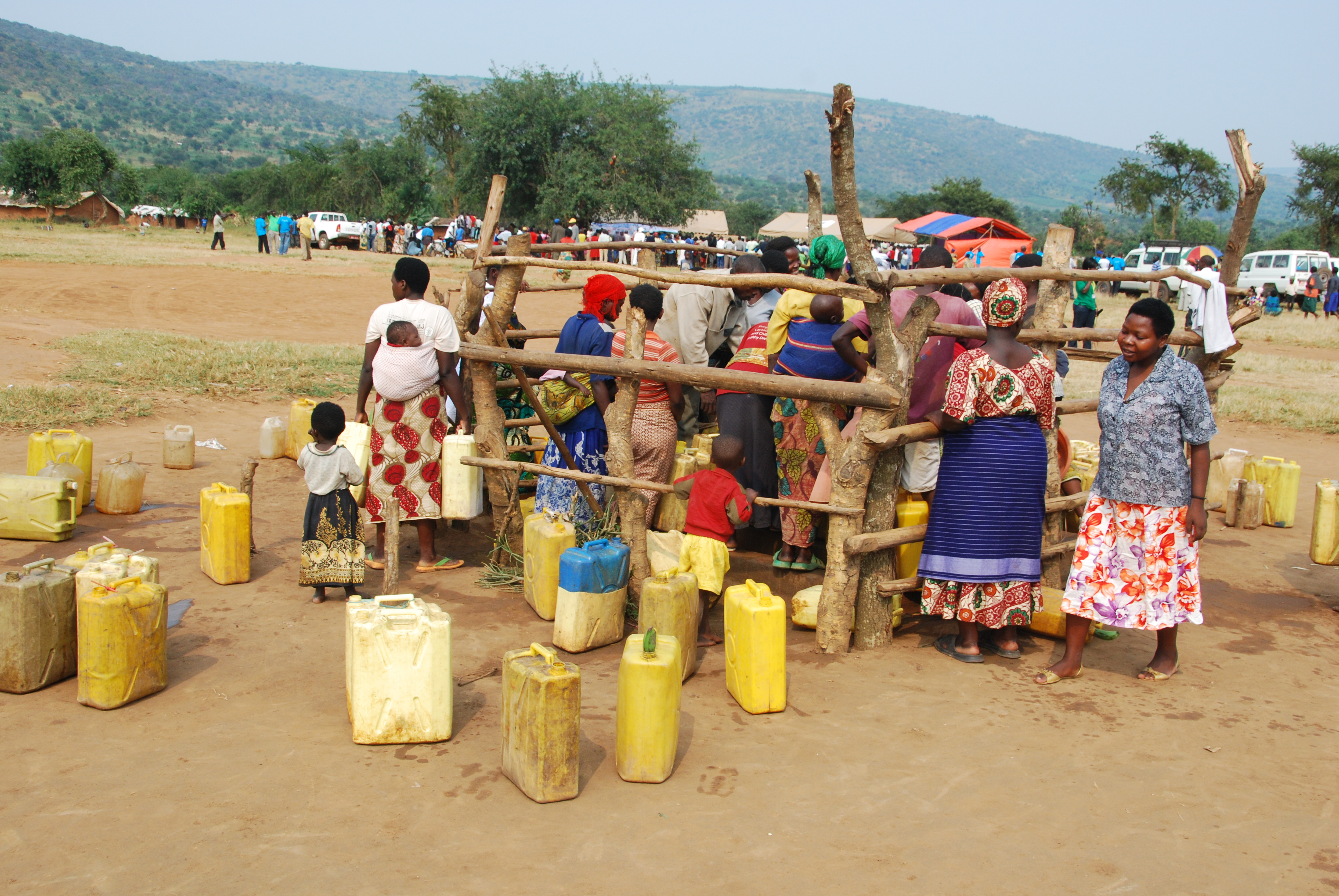Recent water outages in South Africa have again placed the spotlight on the challenges of using a single policy paradigm to serve different parts of society in the country.
“There is a clear manifestation of systemic issues in delivering water services to people. The country boasts about access to water supply since democracy, but this is not addressed from a sustainability perspective. Problems are perpetuated by having one single approach and we haven’t made inroads in closing the gap,” says Jay Bhagwan, Executive Manager of Water Use and Waste Management at the Water Research Commission.
Data from the General Household Survey (GHS) 2018 released by Statistics South Africa (Stats SA) show that at 89% the access to drinking water for households rates is the highest aspect of service delivery in the country.
The figures, however, reveal that “in the case of drinking water, access has actually shown negative growth since 2014”.
“We must talk about the systemic issues. It is all about revenue, and the equity aspects are forgotten and, in a crisis, the poor get pushed back. There has been inadequate reinvestment in water and sanitation infrastructure. There is no equity in water allocation and we haven’t broken through the barriers of equitable service levels,” Bhagwan adds.
He believes that there is a need to rethink the whole model of water governance, especially in South Africa’s rural and informal settlements.
“The institutional bulk water model is not responding to the issues. There is a need to establish a core set of new institutions with better roles and responsibilities. For example, if there was a groundwater agency for boreholes, then clinics, schools, and other community institutions would have boreholes,” Bhagwan explains.
Water equity and reallocation must therefore be prioritised.

Axolile Notywala, Secretary-General for the Social Justice Coalition, further explains that the water crisis in South Africa is also due to a lack of investment in infrastructure.
“Informal settlements [in South Africa] are viewed as temporary, even though they have been in existence for decades. There isn’t any commitment to invest in infrastructure in informal settlements,” he said.
The situation is becoming increasingly serious given that approximately one in seven households in South Africa lived in informal dwellings in 2018 according to the Socio-Economic Rights Institute of South Africa. This figure is higher in metropolitan areas where one in every five households lived in an informal dwelling. Access to water in informal settlements is generally limited to communal water sources, Notywala adds:
“We must connect and look at the water issue in a broader context. It is related to the issues of housing, access to land, and tenure and how we look at informal settlements, inequalities, and service provision. People who are most affected must be placed at the centre of the solution. Women and people from rural areas have been excluded from the governance and management of water resources.”
Professor Larry Swatuk, Director, Master of Development Practice Program at the University of Waterloo and Extraordinary Professor at the Institute for Water Studies, University of Western Cape, says that water has moved from “flowing according to gravity to flowing according to money”.
“Water has moved to private sector and honeypot projects which involve big infrastructure. This detracts from the deep issues of polarised societies like South Africa, where the focus is on supply and not on who gets water and whether it is equitable,” he said.

